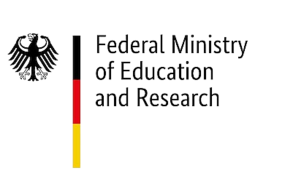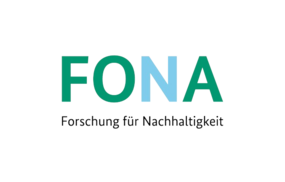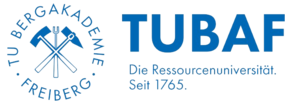



This project was awarded to Prof. Roh Pin Lee in 2017 under the BMBF Nachwuchsgruppen Globaler Wandel 4+1 Program while she was head of the Technology Assessment division at the Institute of Energy Process Engineering & Chemical Engineering (IEC) at the TU Bergakademie Freiberg. Since joining the BTU Cottbus in October 2023, Prof. Lee contains to collaborate closely with IEC on this project and remains the contact person for any enquiries.
Political and industrial decision-makers face the challenging task of promoting technological innovations that will pave the path for a low-carbon economy while ensuring that raw material supplies to their nation’s industry remain competitive yet secure. The complexity of the decision-making environment makes it highly challenging to obtain a holistic and well-grounded overview of the social-technological-economic-environmental-political (STEEP) components in their value chains. To support efforts to break down and quantify the complex decision environment, this interdisciplinary research project utilizes a systemic approach to develop STEEP methodologies/tools for evaluating technological and resource chains representing viable carbon feedstock alternatives for the industry to produce value-added products.
The project draws on concepts/methods from social sciences and technical disciplines ranging from engineering, decision sciences to resource management to carry out the following activities:
1) comparative technology evaluation of existing/promising technologies for the production of carbon-based products/fuels,
2) resource-chain assessments for alternative carbon feedstock with a life cycle approach integrating political and social aspects to complement validated techno-economic-ecological models,
3) investigate societal knowledge, perception and acceptance of alternative carbon feedstock and associated technologies/infrastructures,
4) develop practical recommendations for education/engagement measures and a STEEP decision-support toolbox.
Through its activities, in addition to qualification of young scientists, the project aims to facilitate a better understanding of the raw materials system as a social-technical system. It also provides specific recommendations to support sound, grounded decision-making and measures development for a transition to a competitive, low-carbon, secure and sustainable raw materials management in the German industry.
- Science communication videos: https://tu-freiberg.de/en/steep-carbontrans/mediadownload
- The STEEP-CarbonTrans Online Tool to explore the alternative possibilities for transforming the chemical industry towards sustainable chemistry: https://steep.climatemedia.de/
